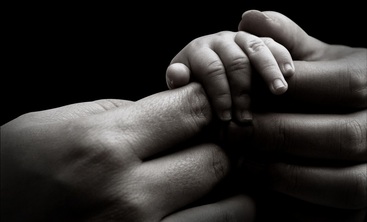
Like many, from an early age I assumed I would be a father and I saw my life trajectory as: job, marriage, and children. Only the last stage never happened. Many people think that childless people, either consciously or unconsciously, chose not to have children. Not only that but only women are childless and men aren’t bothered – after all they can be Dads at any age can’t they? I wanted to be a Dad but a constellation of circumstances means that I am not. A number of factors led to my childlessness: getting divorced at age 30; length of time between relationships; economics – interest rates at 13% in the early 1990’s; social skills; and age.
What does it mean not being a father? Well, for me, it has meant different things at different times in my life. In my mid-20’s my then wife and I started trying for a family. I felt a duty to be a provider and was very concerned not only how I earn enough but also how I would be as a father. We divorced by the time I was thirty and it took me a while to find another partner because the kept the house and the housing market collapsed and interest rates went up. In my mid-30’s I was desperate to be a Dad and when my then partner said “I want to have your baby’ I felt I was ready to be a father. My previous concerns about finance and providing had been negated by my post divorce experience relationships and managing on a very tight budget. I also had the feeling that now was the right time were swept aside by a self-confidence that I could manage. It felt right. However, we split up soon afterwards.
My mid-30’s were particularly challenging for my expectations of being a Dad. All my friends and colleagues seemed to be having children and I had a sense of being left behind. This started a sense of ’missing out’ of not only of the actual experience of parenting but also of the social aspects of parenting. For example, during tea break or at lunchtime colleagues would share parent-related anecdotes, advice or experiences. These could range from how to deal with getting a child to eat to the latest ‘must have’ toy. At such times I felt I had no credibility and could not contribute to the conversation. This led to a sense of being an outsider in quite a few circumstances: no birthday parties to arrange or attend, no parent’s evening, no arguments about staying up late or homework. Those I knew who were parents also said, “You don’t want kids! They take over your life. The things I would do if I didn’t have kids. You’re best out of it mate. Living the bachelor life, you lucky so and so!” Well the short answer, for me, is “No. Not lucky”. My ‘batcher’ life was never that good and I always wanted to be in a relationship. In my mid-30’s I found it difficult to find a partner – everyone I knew was partnered and I was never good at ‘picking up’ women at pubs or clubs. How would I approach the topic without a long run-up? And time was getting short – I wanted to be a Dad that had an involved relationship and was worried that as I aged I wouldn’t be able to play games or go on bike rides with my children.
Now I am in my mid-50, married, and my peers are becoming grandparents and their conversations and their lives revolve around their grandchildren. Now they say, “It’s a shame you don’t have grandchildren – the great thing is you can enjoy them more because you can spoil them but also you can give them back!” Some people say not having children means that you must be better off.
Materials wise that may be true to some extent: I’ve had holidays abroad and have had time to develop interests. Probably, if I had been a father I would not have done a post-graduate diploma in my mid-40’s that led to my MA and my present PhD. I have never been extremely ambitious but rather keep up with the pack. I wonder if I had been a Dad I would be more driven? Or felt a pressure to pursue promotion or change job? I am under no ‘rose-tinted’ allusion to the demands of raising children but, but, but … I would still prefer to have experienced fatherhood.
Robin’s Research
Hadley, R. A. & Hanley, T. S. (2011). Involuntarily childless men and the desire for fatherhood. Journal of Reproductive and Infant Psychology, 29(1), 56-68.
Hadley, R. A. (2012). Navigating in an Uncharted World: How does the desire for fatherhood affect men? Journal of Fertility Counselling, 19(01), 12-13.For details of my work please see my website: www.wantedtobeadad.com
